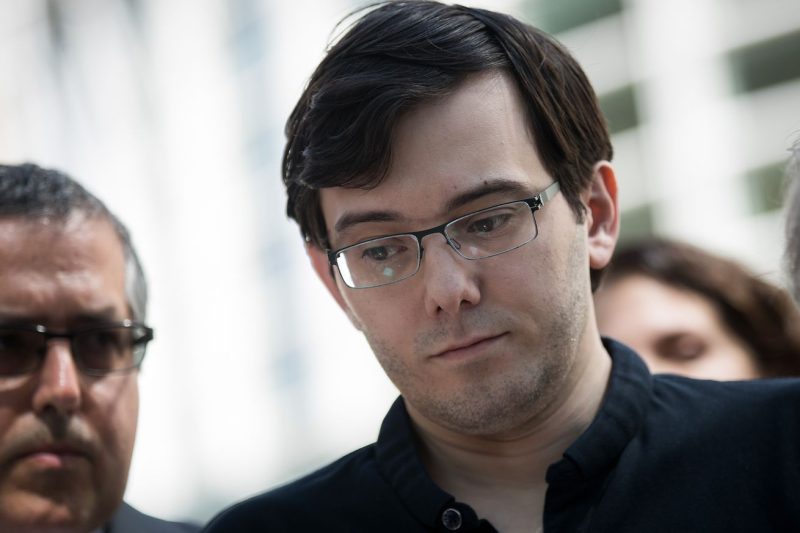Martin Shkreli Must Surrender His Wu-Tang Album Copies
The news surrounding former pharmaceutical executive Martin Shkreli has been a rollercoaster of controversy and legal battles. Notorious for price gouging life-saving drugs and his unapologetic demeanor, Shkreli’s notoriety peaked when he purchased the one-of-a-kind Wu-Tang Clan album, Once Upon a Time in Shaolin. However, recent court proceedings have ordered Shkreli to surrender his coveted copies of the album, sparking a debate on the ownership of art and accountability for unethical actions.
Shkreli’s acquisition of the Wu-Tang Clan album for a reported $2 million raised eyebrows in the music industry and beyond. The group had created only one physical copy of the album, intending to sell it to a single buyer. Shkreli’s ownership of this unique piece of musical history was seen as a symbol of excess and privilege, highlighting the growing wealth disparity in society.
The decision to force Shkreli to surrender the album stems from his legal troubles, which are unrelated to his purchase of the Wu-Tang Clan album. Shkreli was convicted of securities fraud and sentenced to seven years in prison. As part of his sentencing, the government seized assets belonging to Shkreli, including the Wu-Tang Clan album and the only copy of an album by Lil Wayne.
While some may argue that the government’s seizure of Shkreli’s assets sets a dangerous precedent for the ownership of art, others see it as a form of justice for his unethical behavior. Shkreli’s actions in the pharmaceutical industry, where he raised the price of life-saving drugs by exorbitant amounts, garnered widespread criticism and painted him as a symbol of corporate greed.
The debate over whether Shkreli should be forced to surrender his Wu-Tang Clan album copies ultimately centers around the question of accountability. Some argue that his ownership of the album should be separate from his legal troubles, as art should be valued independent of its owner’s actions. Others believe that Shkreli’s unethical behavior in the pharmaceutical industry should not go unpunished, and that surrendering his prized possessions is a form of retribution.
In a society where the rich and powerful often operate with impunity, the court’s decision to force Shkreli to surrender his Wu-Tang Clan album copies sends a message that even the most privileged individuals are not above the law. It serves as a reminder that actions have consequences, and that no amount of wealth can shield someone from being held accountable for their behavior.
The case of Martin Shkreli and his Wu-Tang Clan album copies highlights the complex interplay between art, wealth, and accountability. While the decision to seize his assets may have repercussions for the ownership of art in the future, it also serves as a powerful statement that no one is above the law, regardless of their standing in society. As Shkreli navigates the legal consequences of his actions, the fate of his prized possessions remains uncertain, a reminder of the tangled web of privilege and accountability that permeates our society.

